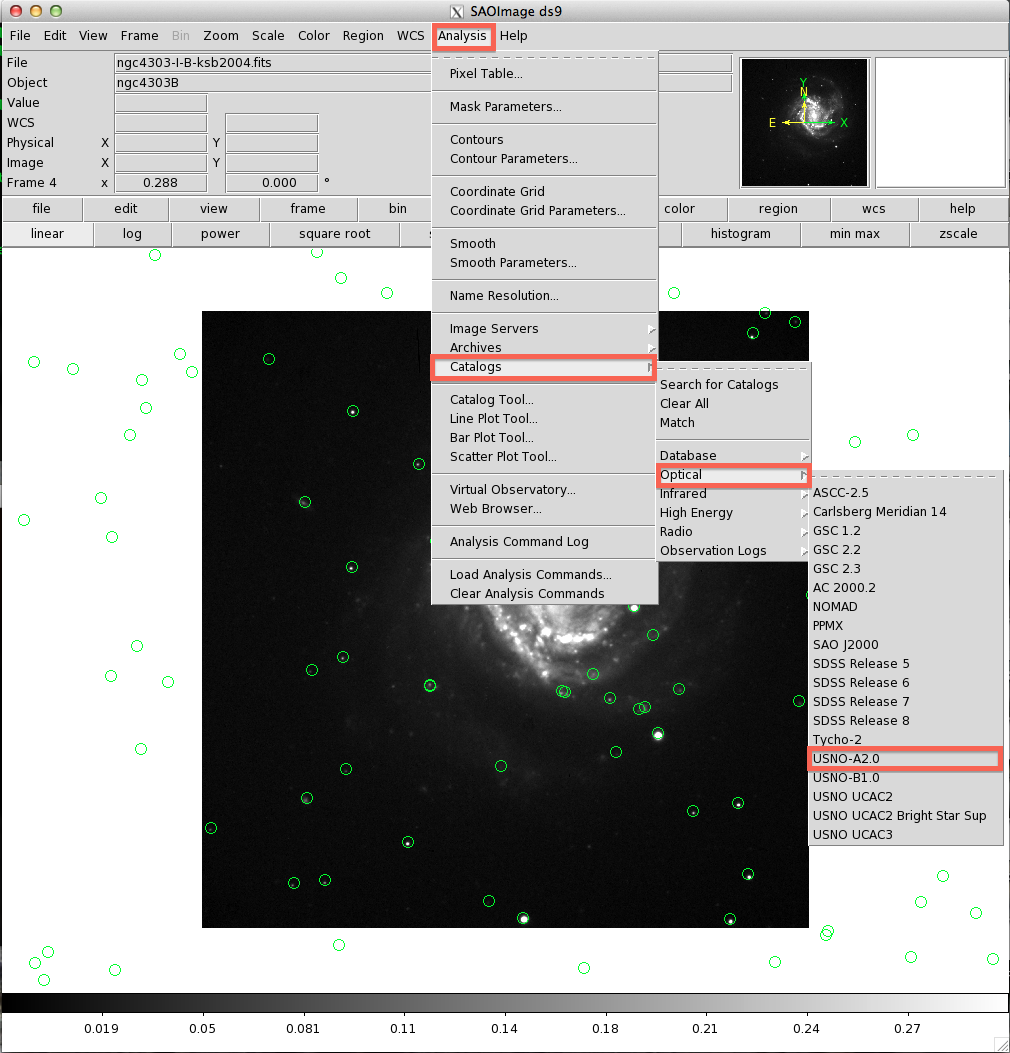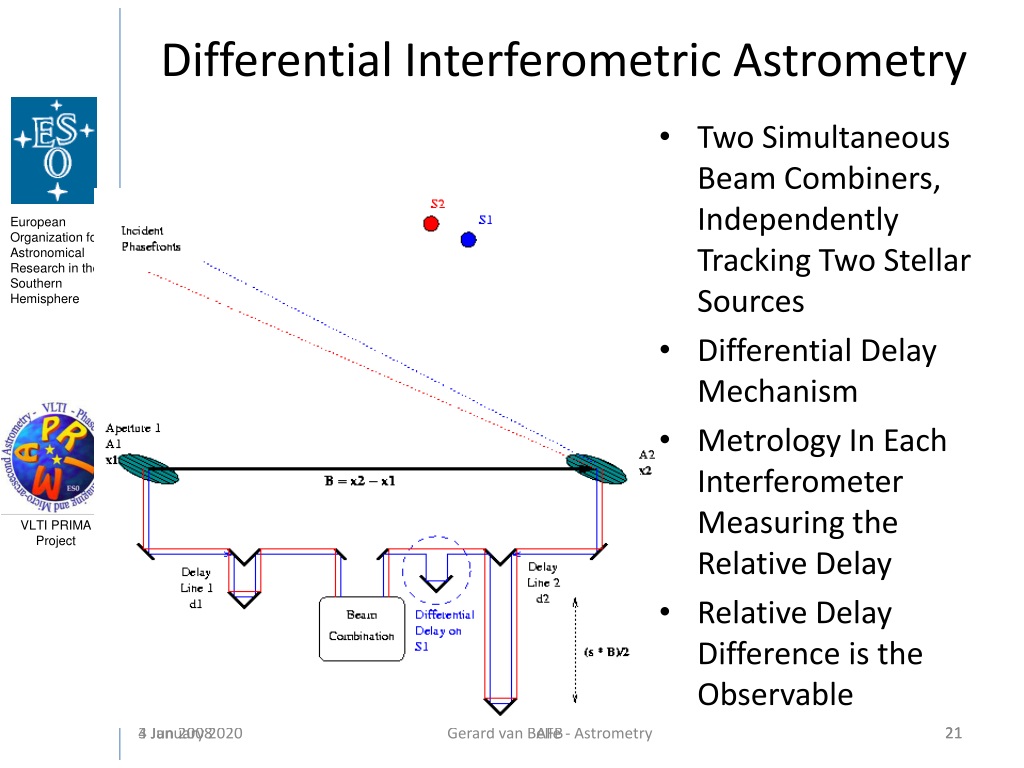

This data is currently not available from the ESA legacy archive.įor most stars in the Hipparcos-2 catalogue, results using the IAD from the DVD are indistinguishable from results using the IAD from the Java tool.

The rest of each file is mostly identical to the IAD format of the DVD: it provides the individual observations of this star expressed as abscissa residuals against the astrometric reference solution. An eleven line header gives auxiliary information together with the astrometric reference parameters. The data is provided as one ASCII file per star.
#Online astrometry zip#
Van Leeuwen and Michalik (2021) have provided a human readable version of the IAD of the Java tool in a zip file. The tool comes with a set of binary files containing the astrometric catalogue as well as intermediate astrometry data consistent with it. The astrometric data is based on the same updated reduction criteria as the VizieR dataset, but one additional iteration (iteration 15) of the astrometric solution was done. Therefore, the astrometric results of some sources are different from VizieR, but the difference is almost always within their formal uncertainties.
#Online astrometry archive#
This copy is additionally also available through the Gaia Archive at ESA (namespace External catalogues: public.hipparcos_newreduction). A copy of the VizieR data is available from the ESA legacy archive ( ESDC TAP server: namespace hipparcos2_cds). However, no intermediate astrometry data is published in VizieR. Most research focused on Hipparcos-2 stars takes the astrometry from VizieR. The attitude outlier rejection criteria were improved and an improved criterion for VIM solutions reduced the number of stars requiring VIM treatment. For this iteration, double star differential parameters and orbital parameters have in some cases been updated, when additional information became available.

A Digital Versatile Disc (DVD) is included with the van Leeuwen (2007) book Hipparcos, the New Reduction of the Raw Data.For example, one must not mix catalogue values from Vizier with the IAD from the DVD. Note: one must consistently use the intermediate astrometry data (IAD) together with the catalogue it accompanied. All three give data which are similar for every star, yet not identical. The astrometric results of the Hipparcos re-reduction exist in three different variants.
#Online astrometry verification#
van Leeuwen, A&A, 474, 653-664, (2007).ĭetails of the data reduction, catalogue construction and verification of the results can be found in Hipparcos, the New Reduction of the Raw Data.Įxcept for intermediate astrometry data (IAD), the data is available in the Hipparcos and Tycho Legacy Archive via the ESASky Legacy Table Access Protocol (TAP) service (in the Topcat tool, select the option "Table Access Protocol (TAP) Query" in the VO menu and paste the TAP url in the "Select Service” pane). The data is also available from CDS in VizieR, from ESASky, and from the Gaia Archive. The catalogue is described in "Validation of the new Hipparcos reduction", F. This catalogue is known as the Hipparcos-2 Catalogue. A new reduction of the astrometric data as produced by the Hipparcos mission was published in 2007, claiming accuracies for nearly all stars brighter than magnitude Hp = 8 to be better, by up to a factor 4, than in the original catalogue.


 0 kommentar(er)
0 kommentar(er)
